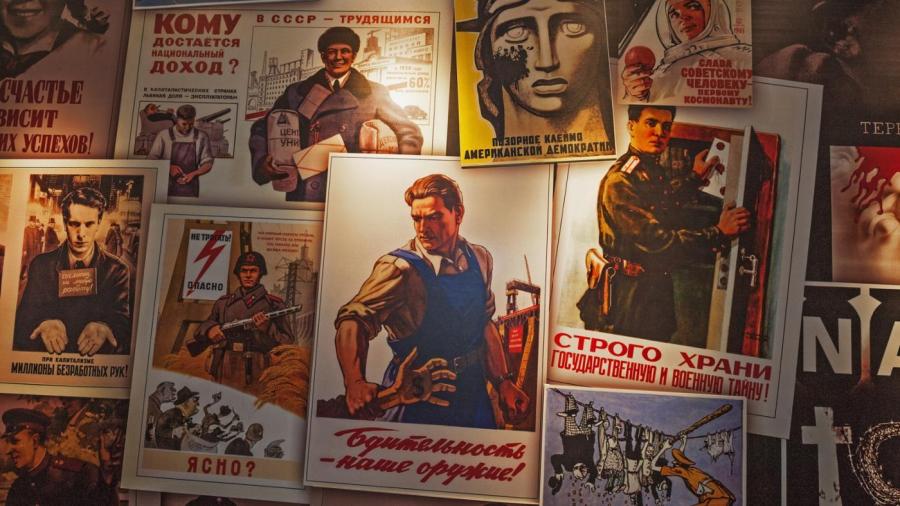How Did the Cold War Affect Europe?

The Cold War affected Europe by dividing it between communist and democratic countries, which essentially divided Europe into Western Europe and Eastern Europe. This divide caused tension, political unrest and economic difficulties. Germany, for instance, was fragmented, divided literally by the Berlin Wall and torn between American and Russian influence.
The Iron Curtain was the name of the European split between communism and democracy. America and its allies sought to restore democracy to war-torn Europe, while Russia and its allies sought to expand its influence, making several countries part of the Soviet Union. Both Americans and Russians pulled out of Austria to give it neutrality, but at the same time, Hungary, which had a communist government, collapsed, and Russia intervened with a new communist regime. Poland was also under Russian influence.
The former Soviet satellites Hungary and Poland signaled the end of the cold war when they held free elections and established democracies following the revolutions of 1989. East Germany held out a little longer, but its wall eventually came down, unifying a democratic Germany.
The Cold War affected European economies. After Russia relinquished its hold on Eastern Europe, the governments that took over were burdened with poor economies and debt. These newly democratic countries had to deal with both national security and environmental contamination problems left in the wake of the occupation, which required significant financial investment.





